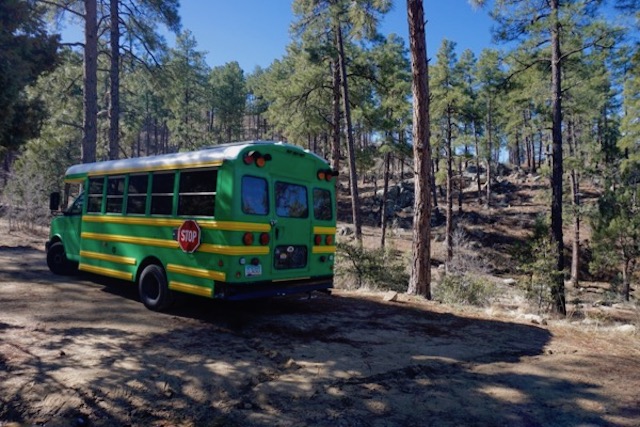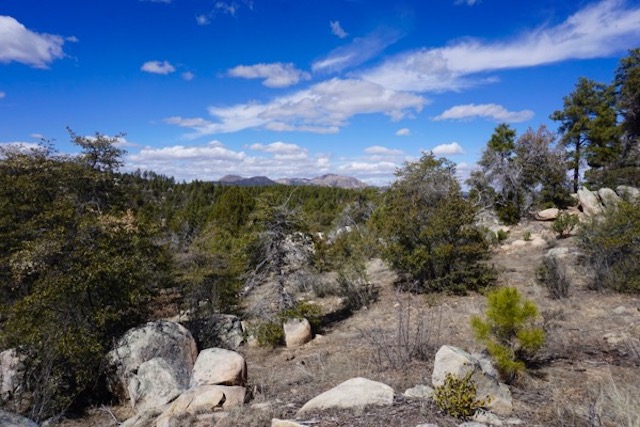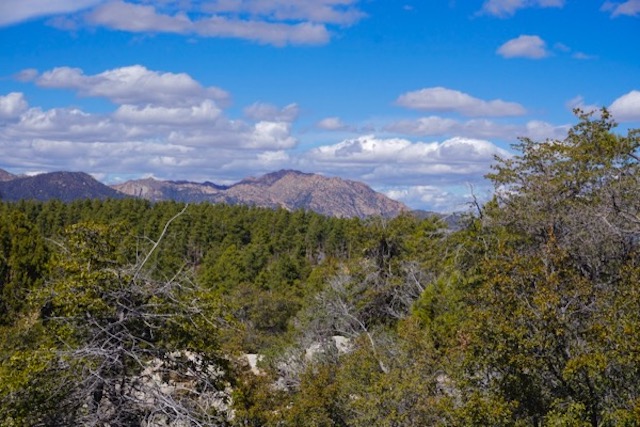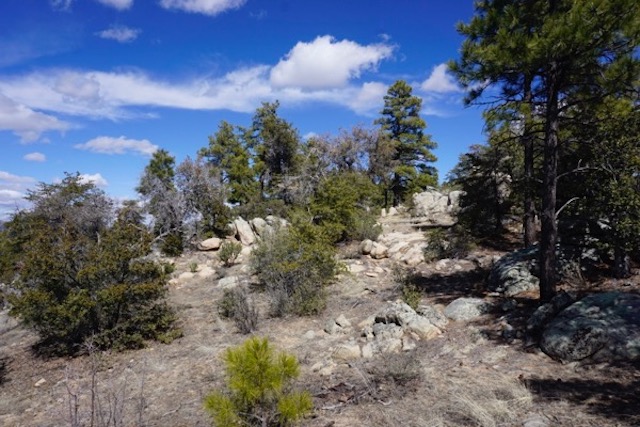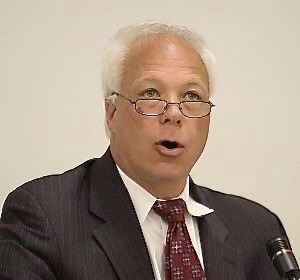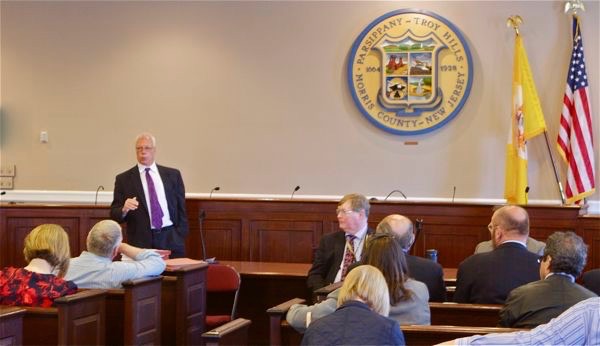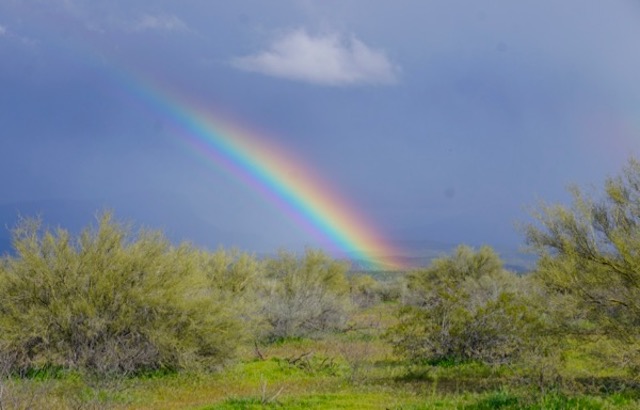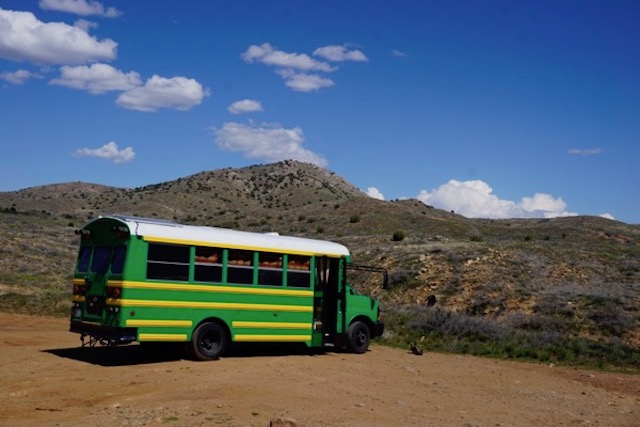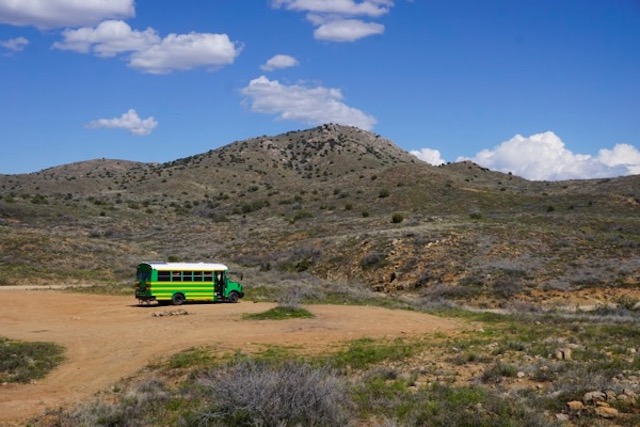Murphy DEP Doubles Down On Bear Hunt Secrecy – Seeks “Special Service Fees” For Release Of Public Records
Abuse of OPRA is now looking a lot like a coverup
Crowd-sourced Funding Request
One day after a scathing Sunday Bergen Record story exposed the DEP’s scheme to deny the public access to public records regarding the bear hunt – including criticizing DEP’s failure to respond to press inquiries about the proposal – the DEP just notified me that I must pay $271.64 in “special service fees” for access to public records I requested regarding the DEP’s development, review and approval of the controversial proposal.
The Director of DEP’ OPRA Office – who acts under the direction of DEP Commissioner McCabe – wrote the following reply to my OPRA request:
For Request Items # 1 through # 4, the NJDEP is applying a special service fee pursuant to OPRA (C.47:1A-5) due to the nature of the record type, the extensive number of records that would be “Deliberative” and within “Attorney-Client privilege”, and the extraordinary efforts required to review the potentially responsive email records and produce the responsive disclosable records. The NJDEP estimates that it will take approximately 6.7 hours for the Division of Law to review the potentially responsive email records for privilege concerns for a total estimated special service fee of $271.64.
That’s mostly non-sense, an abuse of OPRA, and a bureaucratic move to prevent the release of embarrassing information to the public.
As I’ve noted, I’ve been involved in dozens of DEP rule proposals since 1985 and am intimately familiar with the detailed steps of and documents produced during DEP’s internal rule development and rule proposal process.
I understand the critical public documents that are produced by DEP, including documents that reveal critical scientific, legal and political information, including documents that expose internal disagreements over science, law, and policy, and include potentially embarrassing information.
So, based on this knowledge, I filed an OPRA request for the following documents with respect to the controversial bear hunt secrecy scheme.
The specific public records I requested in #1-4 below are all mandatory steps in the formal DEP rule-making process, so I know these documents exist:
1)
DEP communications with the Office of Administrative Law (OAL) 2)
DEP communications with the Attorney General’s Office 3)
DEP communications with the Governor’s Office 4)
Communications between the Division of Fish and Wildlife, Office Of Legal Affairs, press office, and the Commissioner’s Office
Very few people realize that, for example, all DEP rule proposals must: (Source: DEP Rule-making Manual and various laws, regulations and Executive Orders)
1) explicitly consider “policy”, “economic”, and “political” implications;
2) be sent to and are reviewed by the Governor’s office prior to proposal in the NJ Register;
3) be sent to and are reviewed by the Governor’s office prior to legal adoption by DEP; and
4) be developed with the review, consultation, and input of a broad range of “stakeholders”, prior to proposal
5) consider and respond to public comments submitted on the proposal, including political ramifications (and the Gov.’s Office must be briefed on all this too);
6) involve the press office (prior to and at the time of proposal) – as a way to get the talking points and message (AKA “spin”) coordinated within the DEP and Governor’s Office.
The DEP rule making process – by design- is not some purely scientific and/or legal enterprise.
Yet, the political backstory of a rule making initiative is rarely ever discussed publicly or covered by the media – and a Governor is rarely held accountable for DEP regulatory policy initiatives.
My OPRA was designed to tease out and publicly disclose these internal debates that DEP always hides and is now trying to cover up.
It is totally unacceptable for DEP to now abuse OPRA and impose huge “special service fees”, especially because they know that I am effectively retired and have no income and can not afford to spend that kind of money.
Worse, on top of that OPRA abuse, DEP is signaling that they will invoke sham “deliberative” and “attorney client” privileges to deny many public records that I do pay for.
Finally, the DEP’s rationale for imposing the “special service fees” is total sham – I am not requesting, as DEP claims, an “extensive number of records” and they would not be required to undertake an “extraordinary effort” to disclose them.
OPRA Item #1 is a DEP memo to the Office of Administrative Law. Unless there were technical flaws with the proposal, there would only be a short memo from OAL to DEP confirming upcoming NJ Register publication dates.
OPRA Item #2 is not likely a large number of records, unless there was a significant legal debate within the AG’s Office as to the legality and wisdom of this DEP secrecy proposal.
If that is the case, the public should know about it. But these records would likely be withheld as “attorney client privileged”. Still, the OPRA denial would require a “privilege records log”, showing the dates and number of emails and documents, the authors and recipients, and the subject headings. This is very important and quite revealing information.
OPRA Item #3 is comprised, at a minimum, of a DEP briefing memo to the Governor’s Office. That memo would include what DEP views as the political implications of the proposal. It also might include the response and policy direction by the Governor’s Office.
Who signed off on this scheme in the Gov.’s Office?
Again, while this is potentially politically embarrassing material this is not a large number or volume of documents, as DEP claims.
This too is likely to be denied as “executive privilege” or deliberative privilege”, but still, important information would be revealed to the public by this disclosure, redactions, and the privilege log.
OPRA Item #4 would reveal the real views of DEP Fish and Wildlife professionals, including how they make decisions, the science they rely on (or fail to consider), and their views about public oversight of their work.
I can’t exaggerate the importance of this information, almost all of which could not be withheld by DEP as executive, deliberative, or attorney-client privileged because it is factual material that formed the technical basis of the rule proposal.
So, we now must consider how to raise the money to pay DEP fees.
Is there any appetite from folks in making financial contributions to this effort?
If so, shoot me an email and I will advise DEP that I’ll make the payment.
[End Note: I’ve filed scores of OPRA’s over many years – involving many thousands of pages of DEP documents – and this is the first time DEP ever pulled this stunt.]
